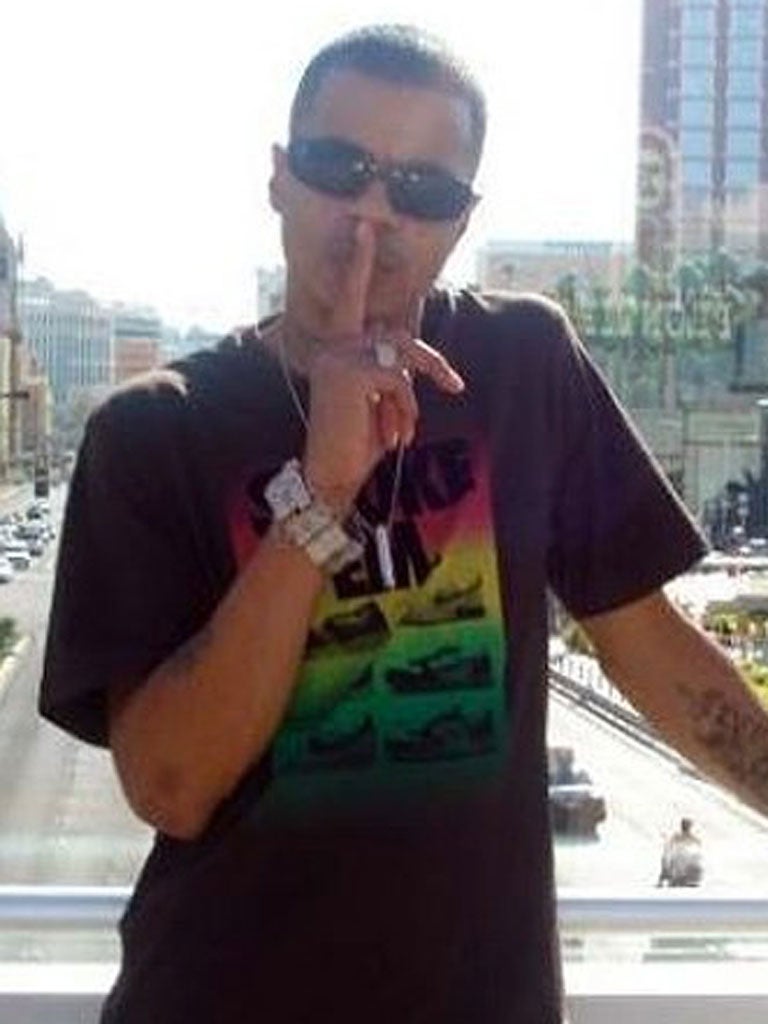
Changes to the law are needed to restore public confidence after people are shot dead by officers, the police watchdog said today.
The Independent Police Complaints Commission (IPCC) says it is "extremely frustrated" by obstacles preventing officers being more transparent with relatives.
Deborah Glass, of the watchdog, spoke out after it emerged an inquest into the death of the man whose shooting triggered last summer's riots could be impossible because of "disclosure issues".
The IPCC may have material "that it could not properly disclose to a coroner" over the decision by officers to shoot Mark Duggan, North London Coroners' Court was told earlier this week.
Ms Glass, the watchdog's deputy chairwoman, is calling for a change in some sections of the Regulation of Investigatory Powers Act, which bars some evidence from legal proceedings.
The IPCC believes that it is "essential for families to play a full part in any process which establishes how and in what circumstances their family member died", she said.
Ms Glass added: "Our principal statutory duty is to secure and maintain confidence in the police complaints system and one way in which this can be achieved is by ensuring that there is proper public scrutiny when someone dies at the hands of the state.
"We are therefore extremely frustrated when anyone or anything attempts to get in the way of our ability to provide family members with information about an investigation into a death at the hands of the police or to ensure a full public examination of the facts surrounding the death.
"As a general rule we seek to find ways round any such obstacles. However, in some circumstances our hands are tied by the law."
Section 17 of the Regulation of Investigatory Powers Act blocks full disclosure, she said.
"The impact of this is that not only can some information not be disclosed, we cannot even explain why we cannot disclose the information, as this itself would be a breach of the law," Ms Glass said.
"In our view this places investigatory bodies in the invidious position of being unable to provide families, and the public, with meaningful information on the investigation or even explain why that information cannot be provided. We believe this law needs to be changed."
Both the watchdog and Scotland Yard have admitted mishandling the way they dealt with Mr Duggan's family.
Initial reports that Mr Duggan shot at police were dismissed by ballistic tests which later found that a bullet which lodged itself in one officer's radio was police issue.
Mr Duggan was a passenger in a minicab when he was killed during a pre-planned operation involving officers from the Metropolitan Police Trident gun crime unit on August 4 in Tottenham, north London.
But police failed to formally notify the family of his death, giving his parents Pamela Duggan and Bruno Hall false hope.
Relatives subsequently complained about their treatment, which was upheld by the IPCC.
The IPCC is still conducting a separate investigation into the circumstances of the shooting, with an investigation into his death failing to establish the sequence of events concerning a handgun found at the scene.
A coroner's officer said a provisional date of January 28 has been set for Mr Duggan's inquest - but only if the eight-week inquest is given the go-ahead during a review on October 23.
An alternative could be a special inquiry where some evidence is heard behind closed-doors, it is understood.
PA